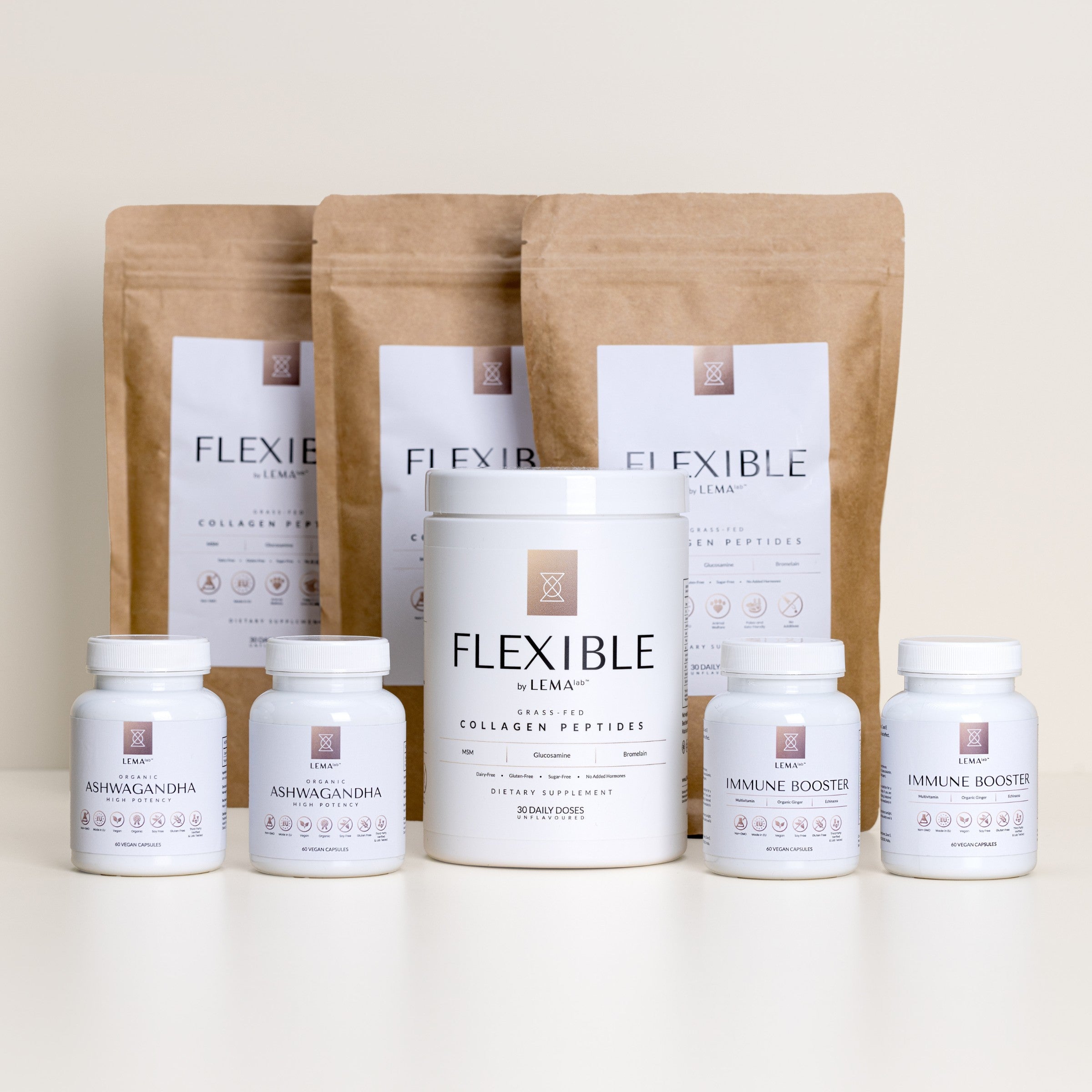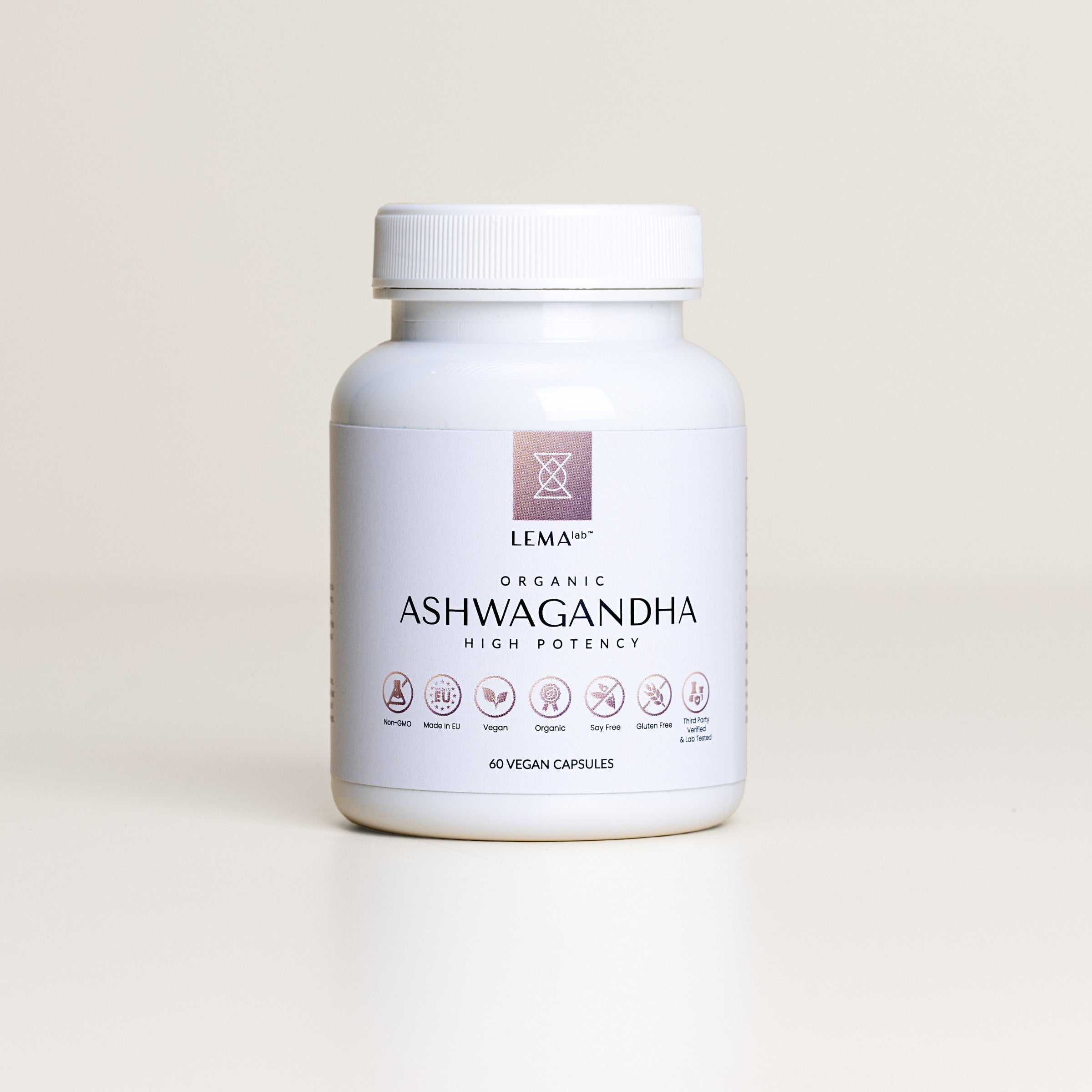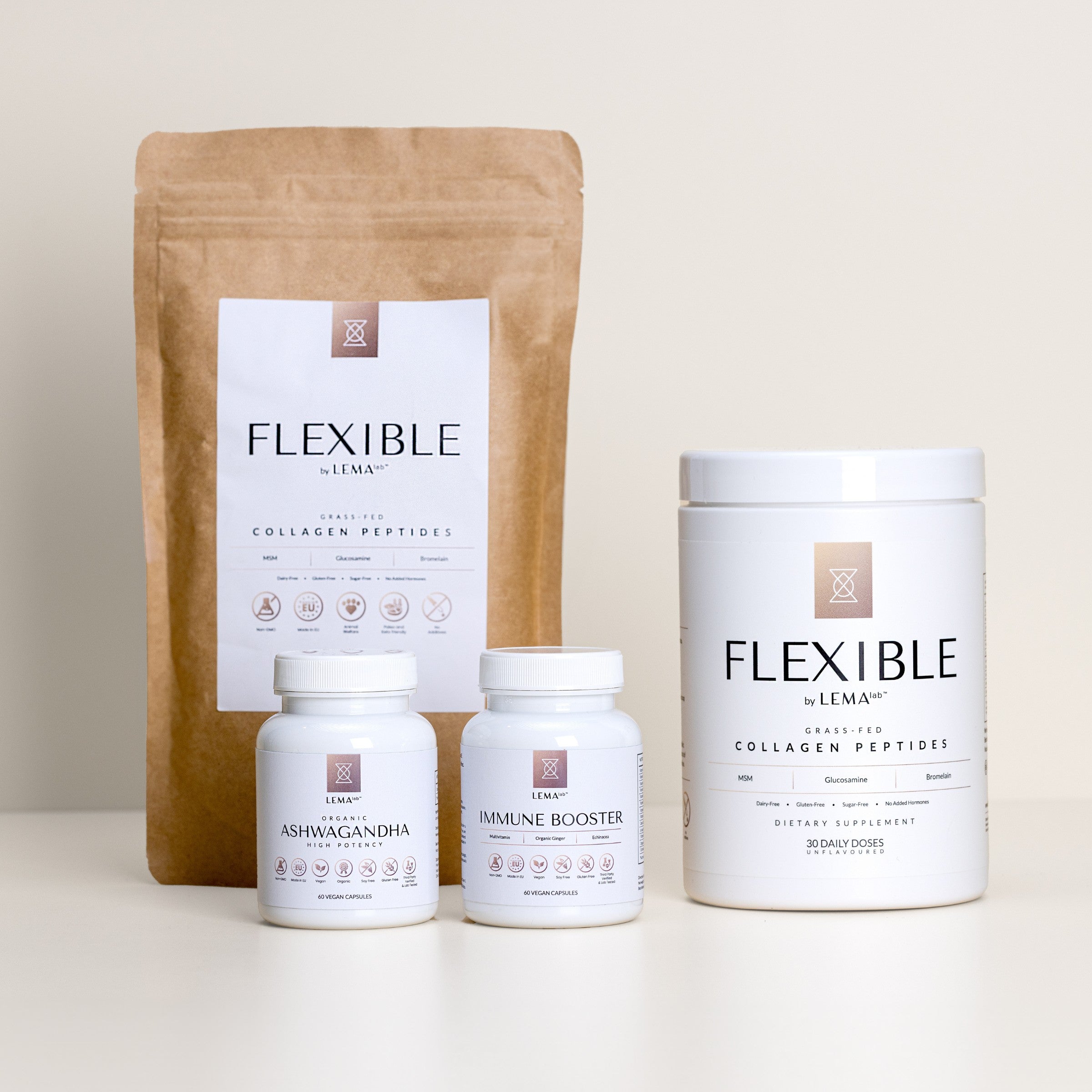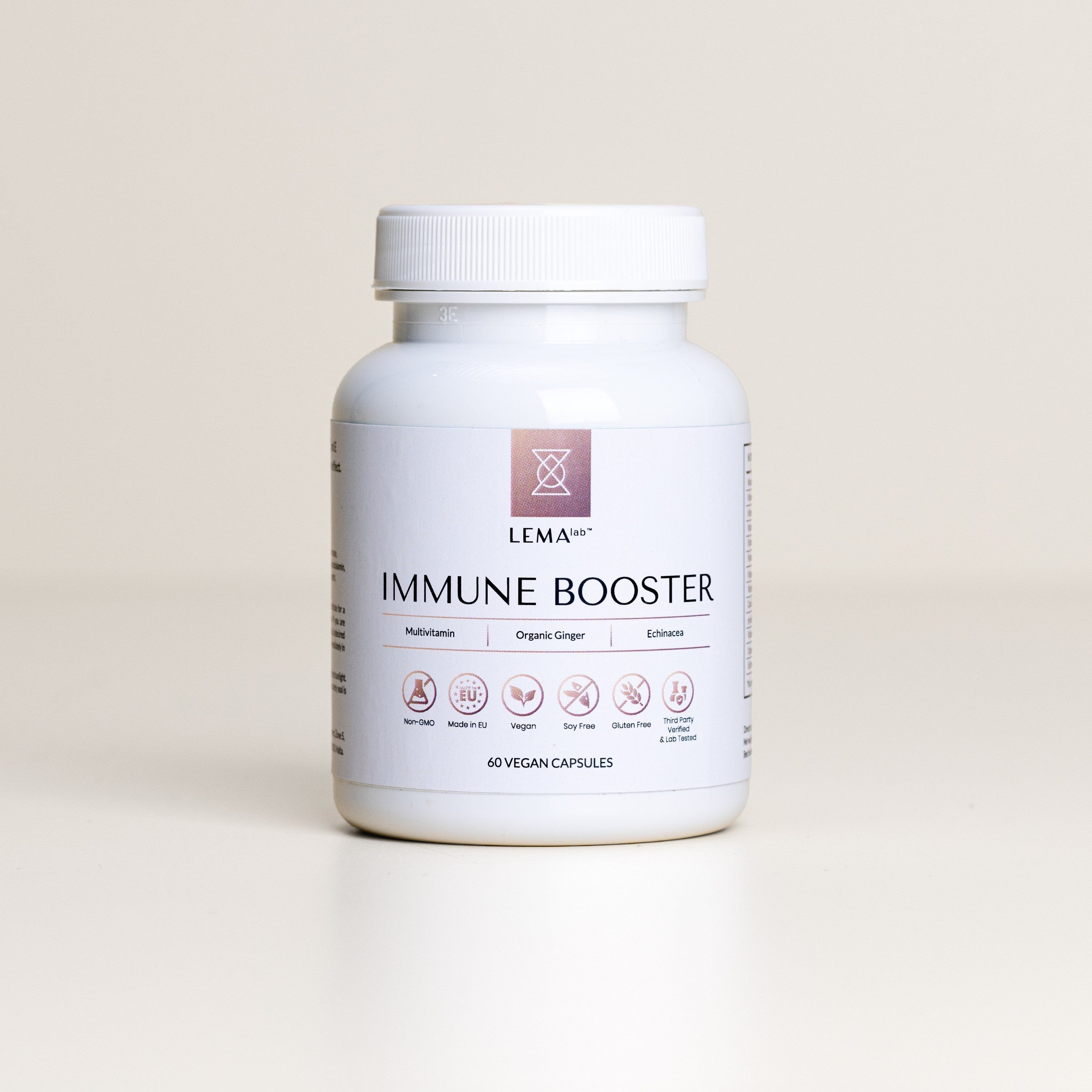
6 TRICKS FOR BETTER SLEEP: A COMPREHENSIVE GUIDE
A good night's sleep is crucial for your health, mental sharpness, and athletic performance. However, factors ranging from family responsibilities to workload pressure to stress and illness can snatch away your elusive desire to get a night of quality sleep.
Although you can't always control and manage what disrupts your sleep, you can always use some tips and learn a few habits that promote quality sleep.
Here are a few simple tips and tricks that you must follow for a good night's sleep. So, let's start.

STICK TO YOUR SLEEP SCHEDULE
You must set your sleep schedule for eight hours of sleep. Experts recommend at least seven hours of quality sleep a day for healthy adults. So spending eight hours in bed should be more than enough to be well-rested if you do not suffer insomnia and sleep disruption.
For example, try to go to bed early (say 10 pm) and wake up after completing 7-8 hours of sleep (around 6 am) every day, even on the weekends. You must stick to this routine and strengthen your body's sleep cycle. Even with sleep, consistency is key!
If going to bed doesn't make you fall asleep within the next 20 minutes, get up and do something soothing and relaxing. For instance, read a book or listen to calm music. Once you feel tired, return to bed. Do this every day if required but stay focused on maintaining your sleep schedule.

FOCUS ON WHAT YOU DRINK AND EAT
Avoid going to bed when you're stuffed or hungry. Likewise, avoid eating anything heavy within a few hours of bedtime; otherwise, the digestive process may keep you awake.
Also, avoid alcohol, caffeine, and nicotine. Caffeine and nicotine have stimulating effects that disrupt your sleep and may take hours to get off your system. Even if you feel that a bottle of alcohol makes you sleepy, it's only at first. It is likely to interrupt your sleep later during the night and leave you with a lousy night.

VIEW SUNLIGHT & AVOID VIEWING BRIGHT LIGHTS
Yes, it may seem confusing that once you're told to view sunlight and then you're told to avoid the bright ones. Read this section to clarify your doubts and get stunned by what the science tells us.
View Sunlight:
After you wake up, go outside the house to view the sunlight. Of course, you don't have to look at the light directly, nor should you look at it wearing sunglasses. Repeat this practice before the sunset again.
You should view the morning and afternoon sun for 10 minutes on cloudless days and 20 minutes on cloudy days. If the day is too outcasted, view it for 30-60 minutes. If you live somewhere that receives minimal light, use an artificial source.
Avoid Viewing Bright Lights:
Avoid viewing bright overhead lights, especially between 10 pm to 4 am. To keep things simple, use only as much artificial light as you'll need to move safely at night. Your circadian system can experience trouble if you view bright lights of all colours. Moonlight and candlelight are fine.
Benefits:
This practice aims to boost your circadian system to improve your sleep quality.
 USE ASHWAGANDHA SUPPLEMENTS
USE ASHWAGANDHA SUPPLEMENTS
Ashwagandha is a rejuvenating herbal ingredient that individuals have trusted for thousands of years to manage stress and treat insomnia.
Taking a capsule of organic ashwagandha daily can deliver a wide range of impressive health benefits, including aid from chronic fatigue, adrenal fatigue, and insomnia. The leaves of this powerful herb consist of a compound named trimethylene glycol, which effectively boosts your body's sleep induction.
Take ashwagandha supplements from any reputed EU-certified brand. Europe has more stringent certification requirements to protect its consumers. Apart from being your natural remedy for better sleep quality, it enhances your mood and may aid thyroid regulation.
'According to an actigraphy-based study, some participants took ashwagandha supplements for six weeks and witnessed 72% improvement in their sleep quality.' So, you may understand how powerful and beneficial this natural supplement is.

LOOK FOR OTHER SUPPLEMENT OPTIONS
There are multiple supplement alternatives available to help you achieve better sleep. These supplements include:
- Glycine: Studies show that taking 3g of amino acid glycine can enhance your sleep quality.
- Valerian Root: Numerous studies have proved that valerian is effective for making you fall asleep and improving your sleep quality. The recommended dosage for valerian is 500mg before going to bed.
- Magnesium: Apart from taking care of more than 600 reactions in the body, magnesium can effectively enhance your sleep quality.You must always try one supplement at a time to be able to monitor improvements. Although they're not magic pills for a good night's sleep, they can be highly effective when combined with realistic strategies for sleep quality improvement.

AVOID DAYTIME NAPS & DO PHYSICAL ACTIVITIES EVERYDAY
Your nighttime sleep can get disrupted due to prolonged daytime naps. Try to avoid daytime naps, and even if you take a nap, limit it to no more than one hour. However, things will be different if you work late at night. Also, include physical activities into your daily lifestyle to improve your sleep quality. But try not to be too active during bedtime.
FINAL WORDS: KNOW WHEN YOU NEED TO SEE A DOCTOR
Almost every one out of three individuals deals with occasional sleepless nights. However, if this problem persists and you never get to sleep properly at night, contact your doctor. In such a case, the healthcare provider will further examine the problem to determine the underlying causes and treat you accordingly to help you achieve the sleep quality you need and deserve.














Leave a comment
This site is protected by hCaptcha and the hCaptcha Privacy Policy and Terms of Service apply.